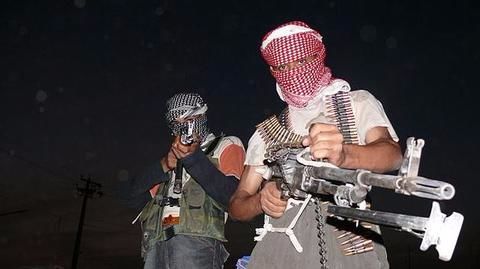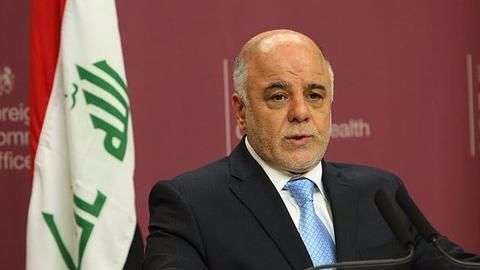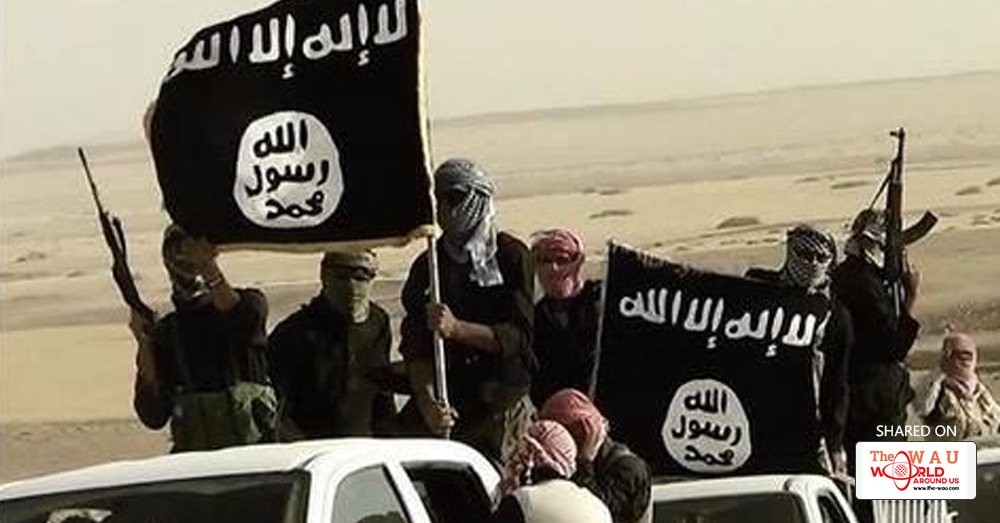As ISIS faces defeat, Iraq faces uncertain future
The Iraqi city of Mosul celebrated its first Eid free of ISIS control after security forces pushed the militants out of their de-facto capital city.
This represents a crushing defeat for ISIS, which is now a shadow of its former self in Iraq.
But this raises important questions. What will a post-ISIS Iraq look like? Would Iraq's longstanding ethnic rivalries be renewed? We answer.
Ethnic conflict: ISIS' departure could renew old ethnic rivalries

As a country, Iraq is divided along ethnic lines between its Shia majority, and Sunni and Kurdish minority.
With ISIS' departure, there are fears that each ethnic community may look to protect its own interests leading to violent fighting.
It's important to note that ethnic conflict in the past was responsible for the power vacuum that facilitated ISIS' meteoric rise.
Disintegration?: Kurdish quest for independence could redraw Iraq's borders
The US-backed Kurdish forces have been instrumental in dislodging ISIS from its territories in both Iraq and Syria.
The Kurds have long been marginalized by the Iraqi government and have sought an independent state.
They now control considerable territory in northern Iraq and are planning an independence referendum.
This could pave the way for hostilities between the Iraqi government and Kurdish.
Retribution: Renewed Shia-Sunni conflict could seriously destabilize Iraq
It's important to note that ISIS, a Sunni movement, was initially welcomed by Mosul's Sunni inhabitants.
The atrocities committed by ISIS against Shiite, Kurdish, Yazidi and other Iraqi communities have caused increasing anti-Sunni sentiment.
The fear of retribution by the Shiite majority against Sunnis in former ISIS-held areas remains a serious concern.
The possibility of renewed Shiite-Sunni ethnic hostilities could seriously destabilize Iraq.
Fact: ISIS down but not out
ISIS may have lost significant part of its territory but that doesn't mean it's any less of a threat. As it has in the past, ISIS would likely continue to conduct asymmetric attacks such as suicide bombings.
Challenge: Iraqi PM Abadi's non-sectarian leanings could reduce ethnic tensions

On the plus side, Iraqi PM Haider al-Abadi government is seen as one that looks beyond the traditional ethnic boundaries that divide Iraq.
Abadi, a transportation and connectivity expert, is less sectarian than corrupt pro-Shia predecessor Nouri al Maliki.
It's essential that he continues walking on the path of inclusiveness economic and social development addressing the concerns of the Kurdish and Sunni population.
Share This Post















